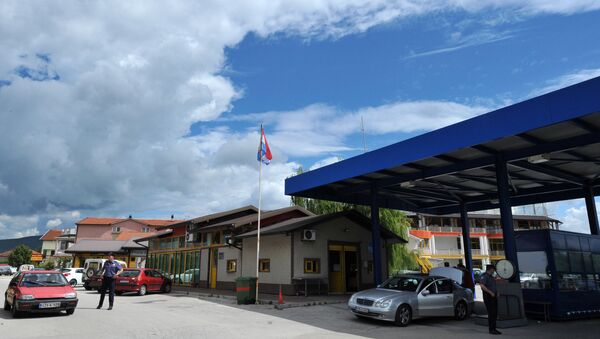Bakir Dautbašić, Secretary of State for Security in Bosnia and Herzegovina's Council of Ministers, told Avaz.ba that Croatian officials are already putting in place many of the requirements for acceptance to the Schengen area, and that Bosnian citizens will be sure to feel the extra stringency when they cross the border for their summer holidays this year. "They have seriously gone about their work, it's clear that Croatian border officials do their job zealously," he said.
Croatia joined the EU on July 1 2013, and earlier this month the Croatian government announced its application to become a member of the currently 26 strong Schengen area, which Brussels will evaluate in 2016. The country has received €120 million [$130 million] from the EU's Schengen Facility fund to strengthen its border controls, which it has until July 2016 to spend.
On February 27 Croatian newspaper Jutarnji List reported that Brussels, worried by the increasing numbers of immigrants from the Balkans seeking asylum in Western Europe, has not excluded the extreme measure of instituting a visa regime for citizens of western Balkan countries, after figures were published showing that in 2014 more than 50000 people from Serbia, Bosnia and Herzegovina, Macedonia, Albania and Montenegro made asylum applications in EU countries, the vast majority of which were refused, an increase of 40 percent on the previous year.
"A number of EU countries have been confronted with terrorist attacks and problems with people who misuse freedom of movement, raising the question of what will happen when the Schengen zone extends further," said Ostojić. "Above all this concerns the eventual admittance of Bulgaria, Romania and Croatia in the Schengen area. However, Croatia is currently watching its own border, and the future European border, very well."




